I was four when the world wide web was unveiled to me, still fresh out of the box, in the early 1990s. In all honesty, I don’t remember too much of life before it.
I do remember being introduced to our good friend Google, and trying my hardest to think of tricky questions for its less successful predecessor, Ask Jeeves – because I wasn’t about to let him off easy.
I remember deliberating with my parents over what my debut email address should be. We settled on something awkward and clunky that – inexplicably – is still in use today. A part of me, somehow.
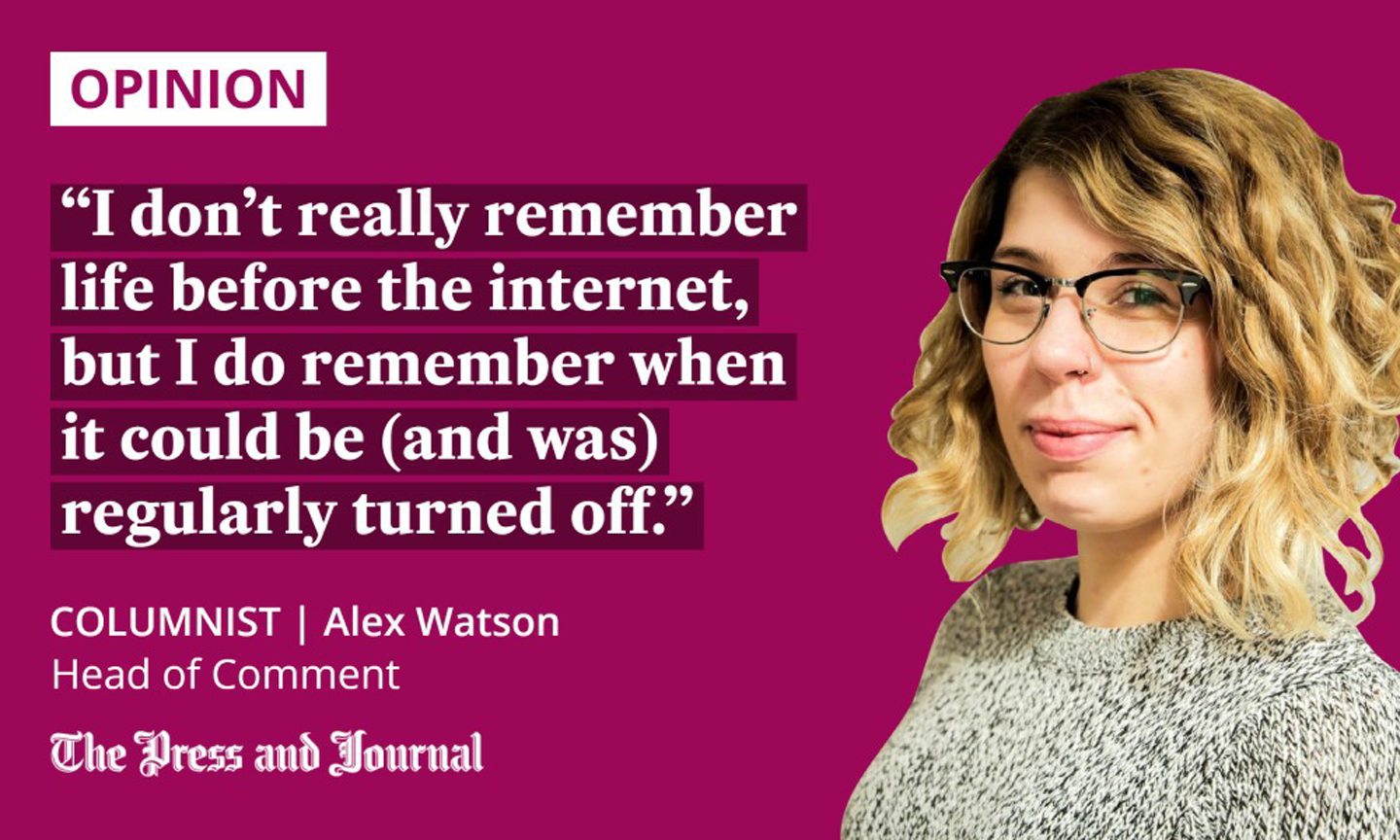
I remember watching Santa’s progress around the globe live on Christmas Eve, as the North American Aerospace Defense Command tracked the big man’s journey online for the first time in history. It felt like magic.
We created a monster
Lately, I keep wondering where things went wrong.
It’s not as easy as saying: the internet used to be good, and now it’s bad. The bad was always there, lurking.
I saw things I shouldn’t have at a young age – crime scene photos, celebrity autopsy pictures, and, once, a video of a public execution that, heart hammering, I managed to pause just in time.
We cheerfully downloaded files that could be computer viruses and talked to strangers who could be paedophiles. Chat rooms, my beloved MSN Messenger, virtual communities like Habbo Hotel – they all made us vulnerable to online grooming before anyone (parents included) knew what online grooming was.
One minute we were organising MySpace top eights and sharing Bebo luv, and the next we were wading through dangerous misinformation on Facebook
When social media emerged in the mid-noughties, we were learning. “Cyberbullying” became an everyday phrase, and we all got wise to the trojan horses and spyware hiding in dodgy music downloads.
One minute we were organising MySpace top eights and sharing Bebo luv, and the next we were wading through dangerous misinformation on Facebook and watching a judge rule Instagram partly responsible for a teenage girl taking her own life. In 15 years, the internet became a monster.
Should we turn it off (but not on again)?
I keep thinking of that IT Crowd line: “Have you tried turning it off and on again?”
I don’t really remember life before the internet, but I do remember when it could be (and was) regularly turned off. When slow, screechy dial-up was all we had, surfing the web clogged up the phone line.
Legs are coming soon! Are you excited? 🎉 pic.twitter.com/SB6qSepKm4
— Meta Horizon (@MetaHorizon) October 11, 2022
Last month, when I saw the dystopian announcement that “legs are coming soon!” to Mark Zuckerberg’s virtual reality world, I wanted to turn the internet off. And, when it transpired that, actually, legs probably won’t be coming soon! because Meta doesn’t have the technology it claimed, I wanted to grab the internet and rip it out of the wall.
Imagine my blood pressure when Elon Musk officially acquired Twitter.
It’s all a game to Zuckerberg and Musk – life’s one big frat party when you’re obscenely wealthy and absurdly powerful. They could at least try a little harder than (pretend) legs and $8 blue ticks.
Or, they could make it all stop in an instant. Retire, like Tom from MySpace. Then pull the plug on the way out, for good measure.
I think fondly of the MySpace and Bebo period; before Twitter flew in and Facebook opened the floodgates, and they ruined everything. Except, that’s not really what happened, is it?
Somewhere between Bebo’s decline and Facebook’s rise, the web became extremely portable. We stopped switching it off and started keeping it in our pockets at all times. What was initially convenient became a compulsion. A technological milestone morphed into a millstone.
That weight feels increasingly heavy around my neck; the pressure to be “online” in all senses of the word.
The internet is still magic when used for good
The internet is still a kind of sorcery, used for good and evil. I accept that we can’t, won’t and shouldn’t turn it off.
Who’s going to tell tech’s spoiled billionaire brats ‘no’ for the very first time?
Information, communication and connection, culture – all of these enriching things are now available online to more people than ever before, not just the wealthiest. We should protect that magic resource (unfathomable even 40 years ago) with everything we’ve got.
As they’ve more than proven, the likes of Mark Zuckerberg and Elon Musk are not interested in fighting that honourable fight. If allowed to continue the way they are – obsessed by profit and power, but entirely out of touch with reality – it’s not just Twitter that won’t survive.
News websites and papers are held to account by the Independent Press Standards Organisation, a regulator. Broadcasters answer to Ofcom, and advertisers to the Advertising Standards Agency. Watchdogs, to keep a close eye on outfits with influential power and intimate access to the hearts and minds of the public.
The idea that the internet is more of a wild west now than ever before should be a jarring wake-up call. But, who’s going to tell tech’s spoiled billionaire brats “no” for the very first time? We’d better figure it out – quick.
Alex Watson is Head of Comment for The Press & Journal, formerly a fan of LiveJournal
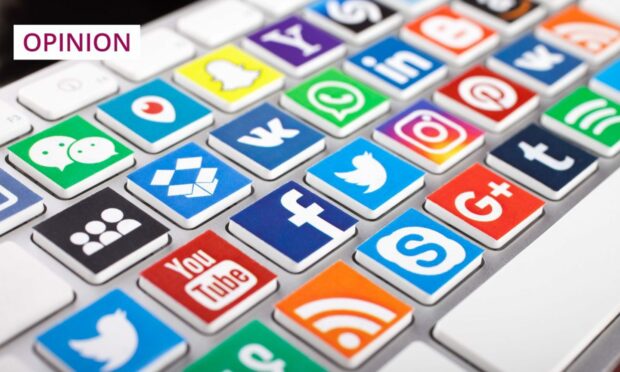
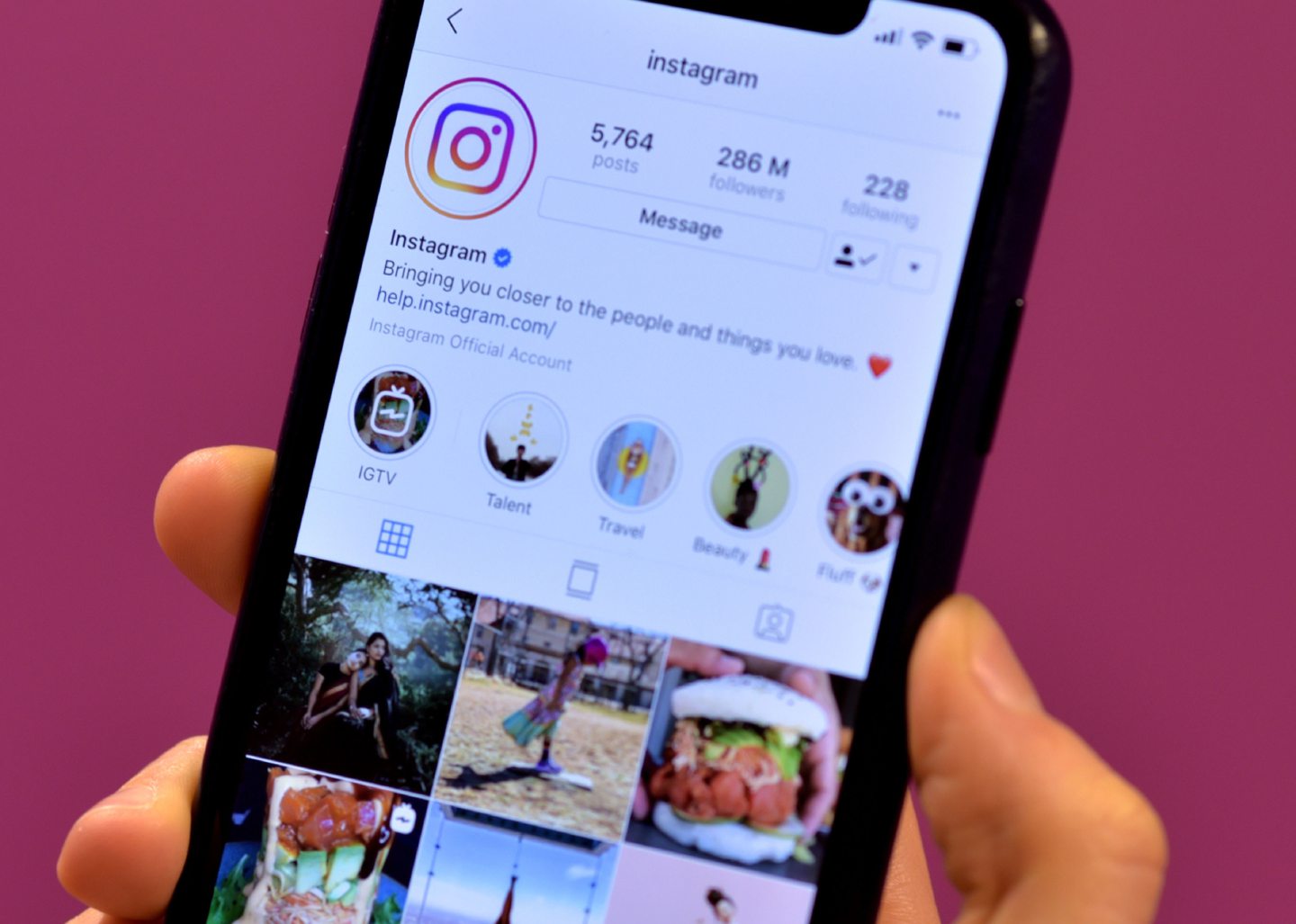
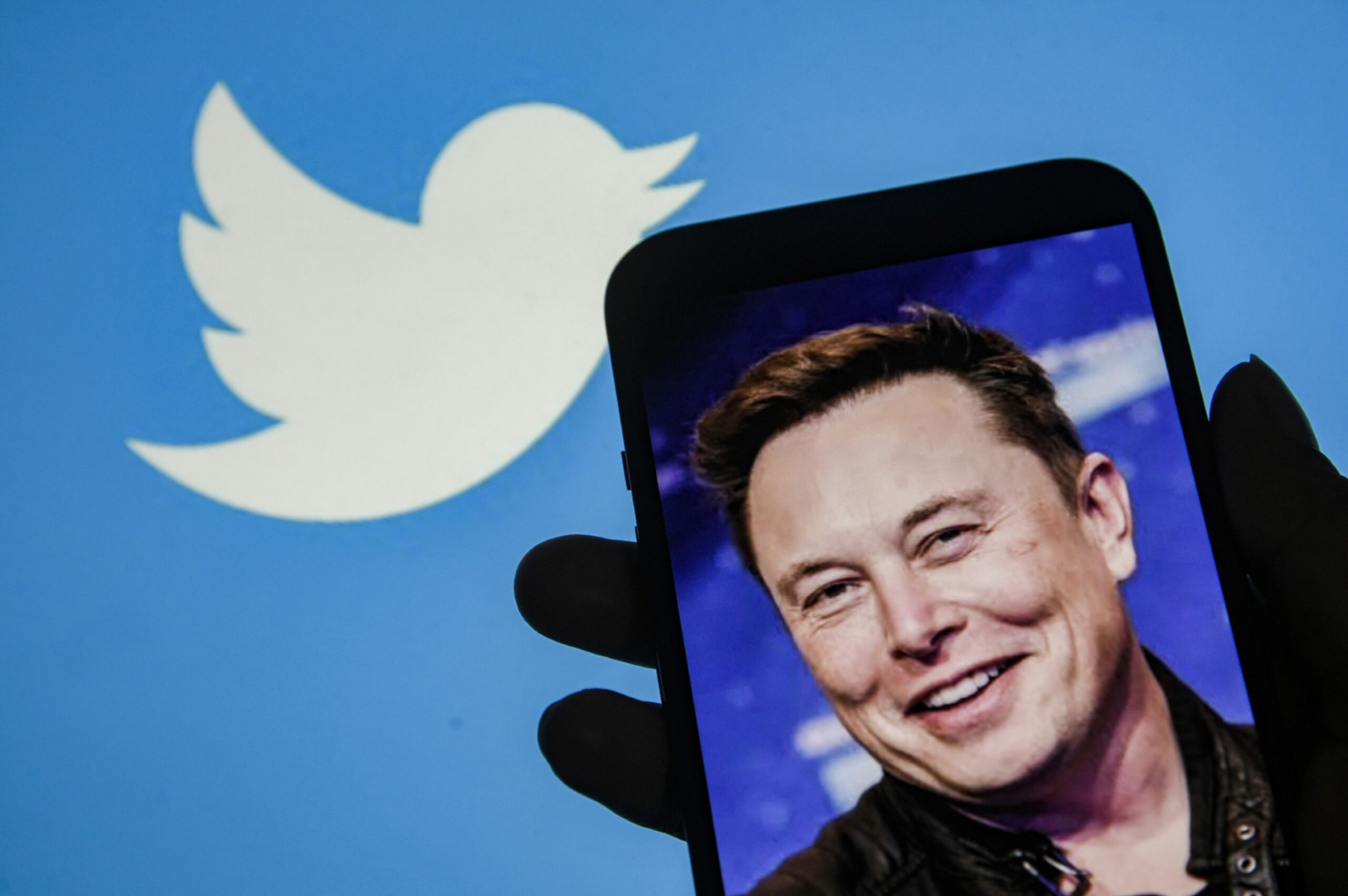
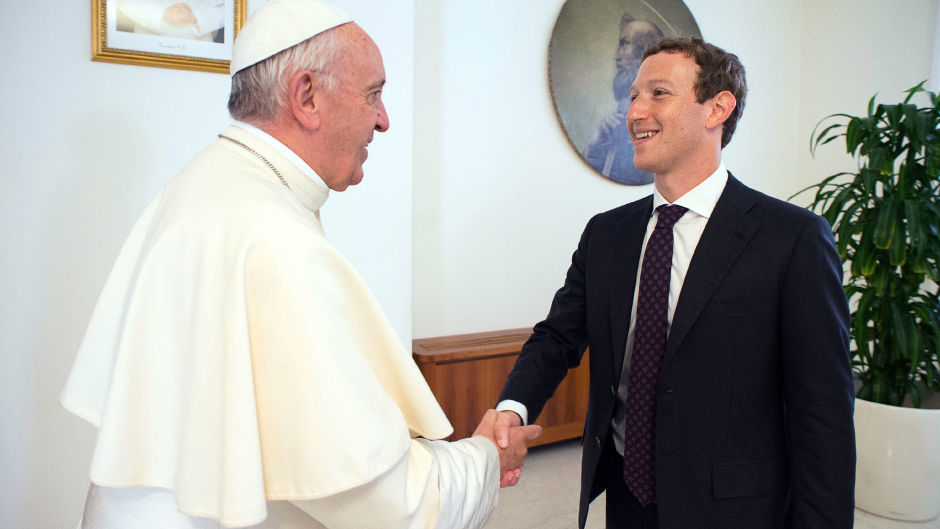
Conversation